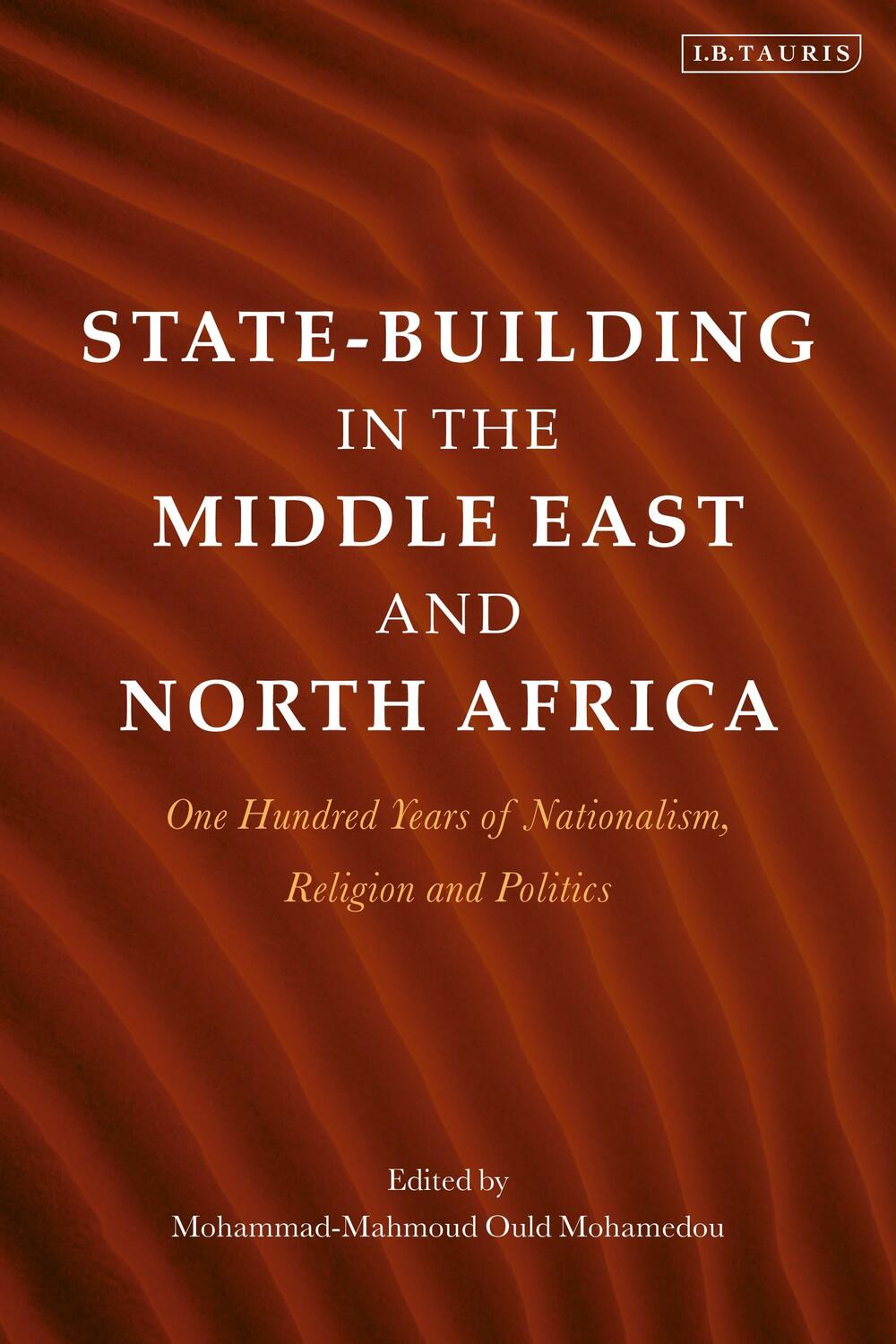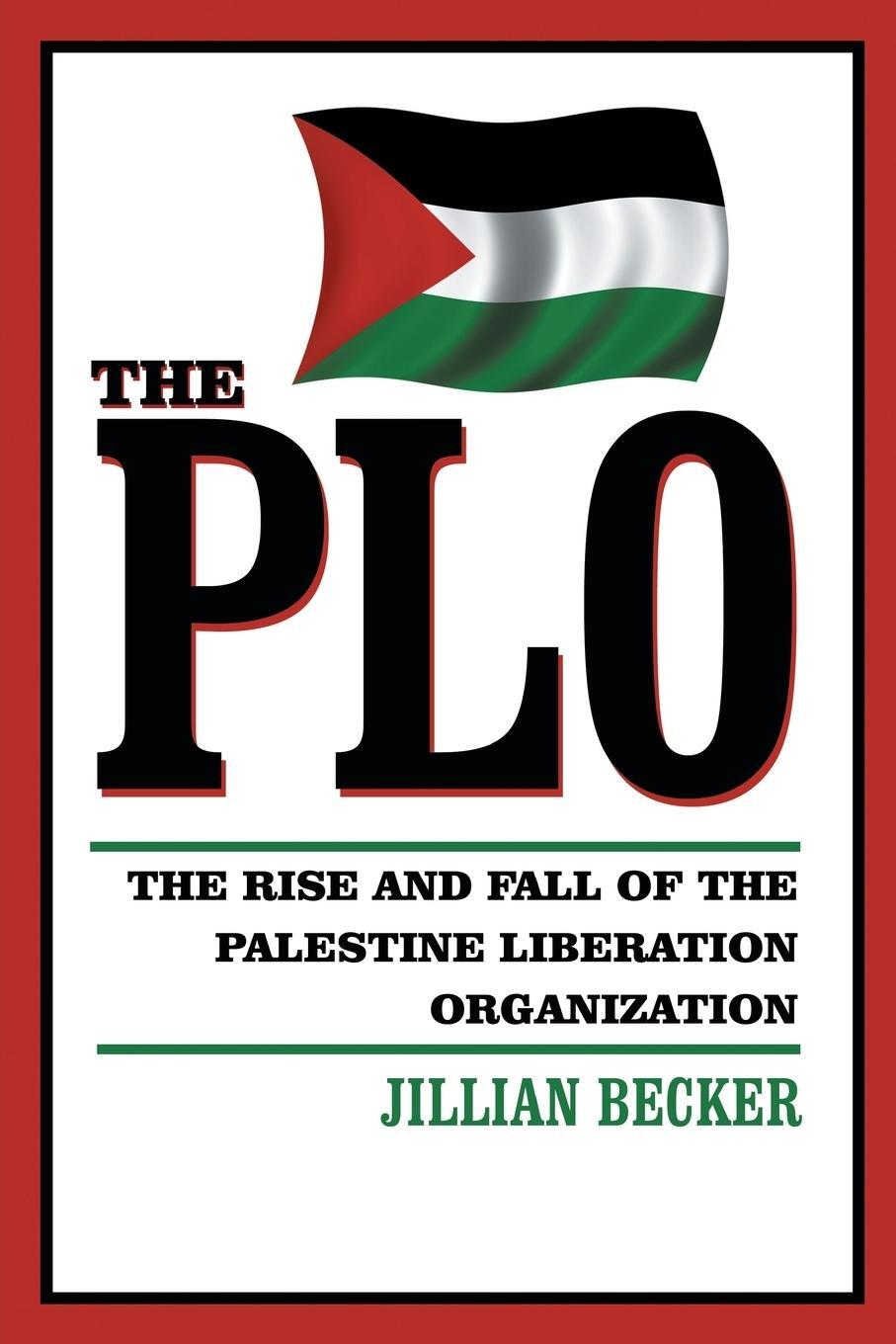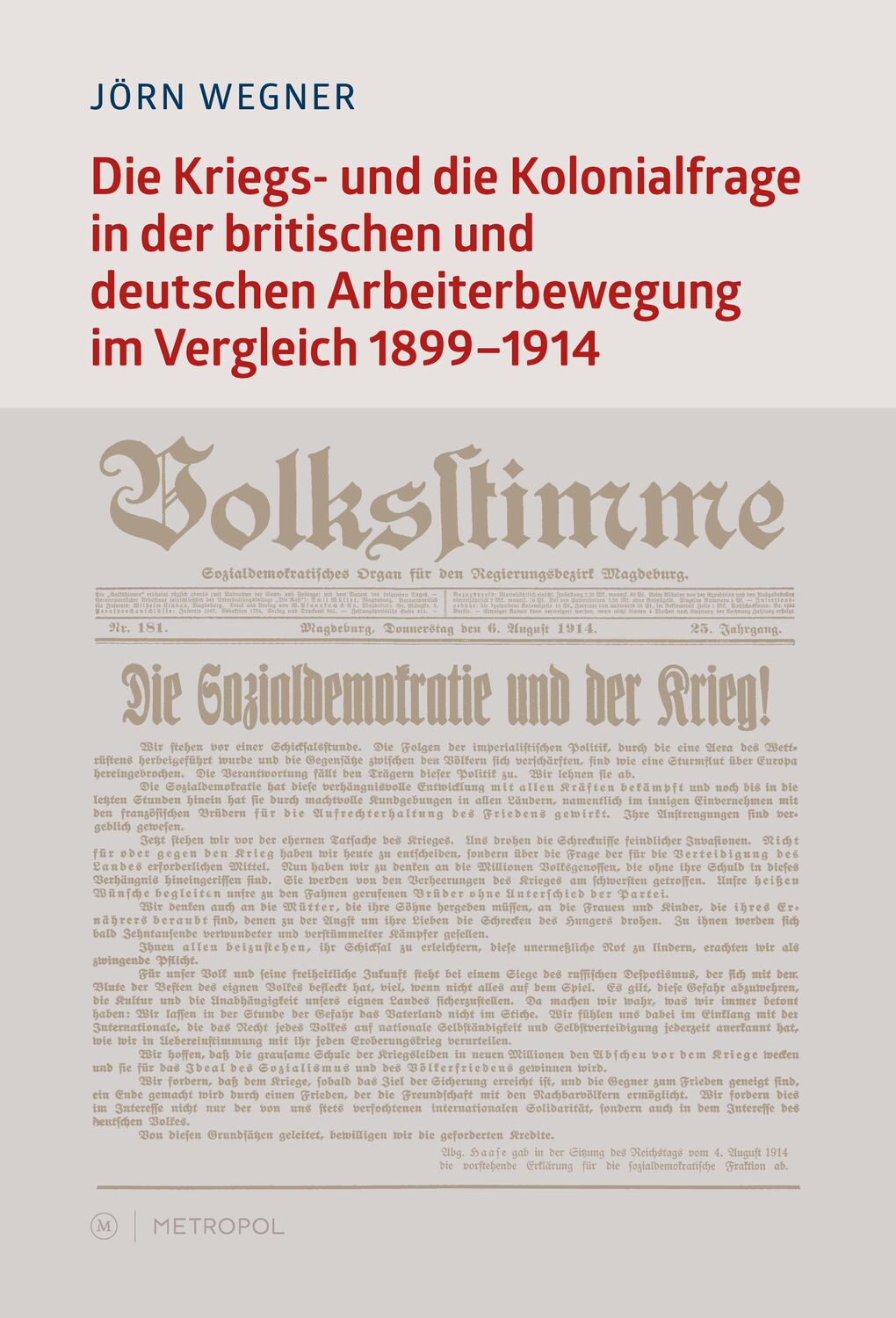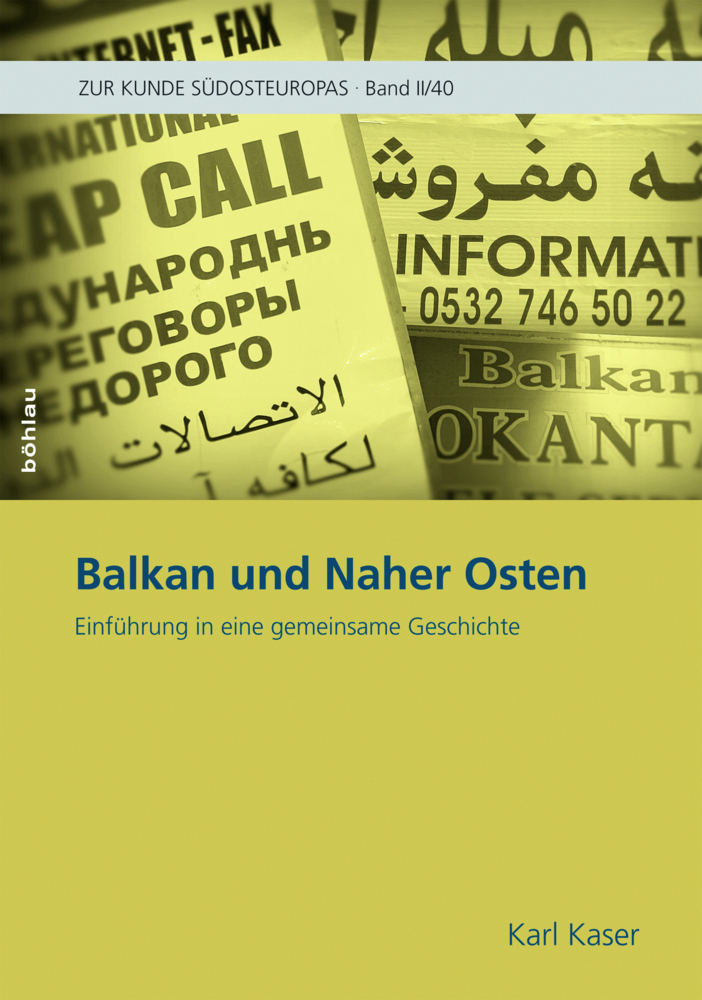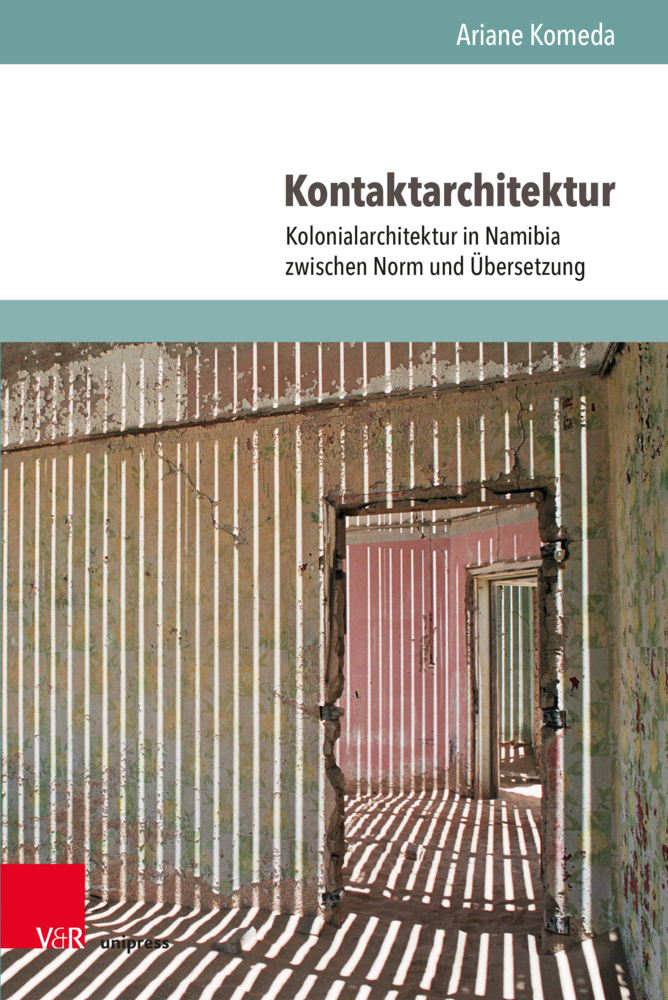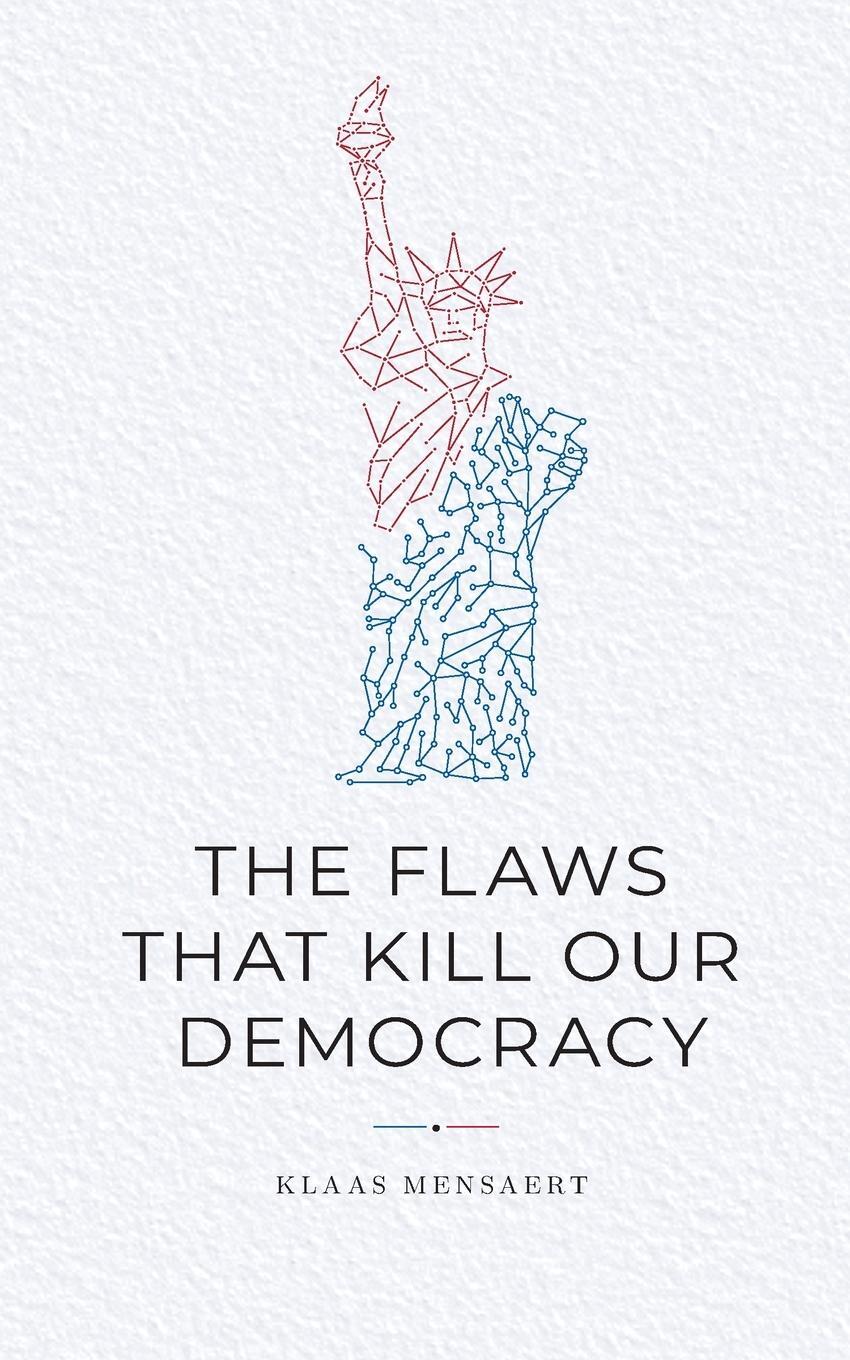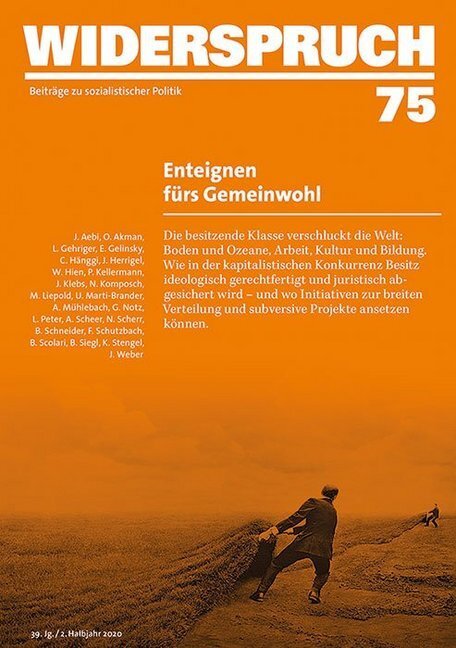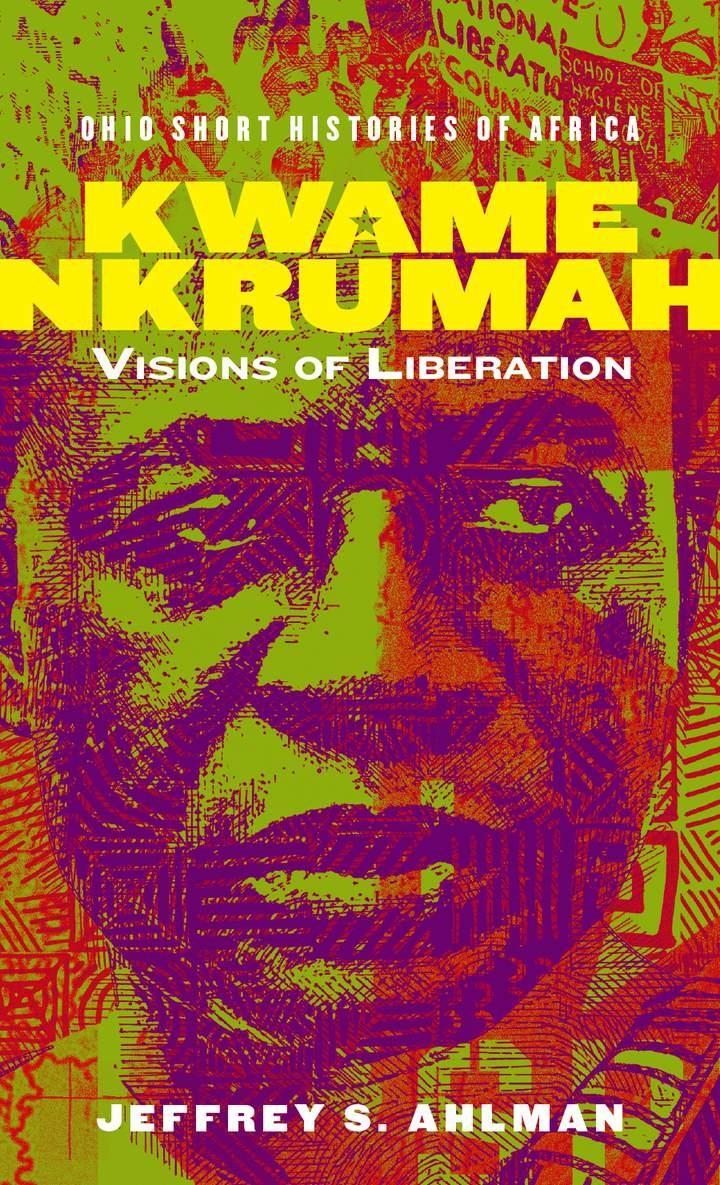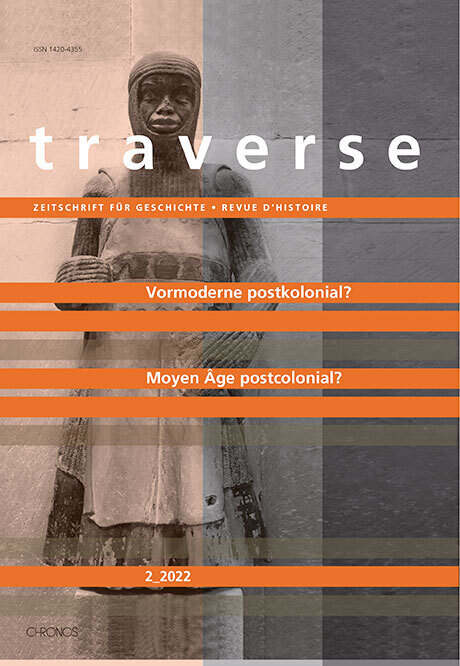Dekorationsartikel gehören nicht zum Leistungsumfang.
Sprache:
Englisch
32,95 €*
Versandkostenfrei per Post / DHL
Lieferzeit 1-2 Wochen
Kategorien:
Beschreibung
Why have state-building projects across the MENA region proven to be so difficult for so long? Following the end of the Ottoman Empire in the early 1920s, the countries of the region began a violent and divisive process of state formation. But a century later, state-building remains inconclusive.
This book traces the emergence and evolution of state-building across the MENA region and identifies the main factors that impeded its success: the slow end of the Ottoman Empire; the experience of colonialism; and the rise of nationalistic and religious movements. The authors reveal the ways in which the post-colonial state proved itself authoritarian and formed on the model of the colonial state. They also identify the nationalist and Islamist movements that competed for political leadership across the nascent systems, enabling the military to establish a grip on the security apparatus and national economies. Finally, in the context of the Arab Spring and its conflict-filled aftermath, this book shows how external powers reasserted their interventionism. In outlining the reasons why regional states remained hollow and devoid of legitimacy, each of the contributors shows that recent conflicts and crises are deeply connected to the foundational period of one century ago.
Edited by Mohammad-Mahmoud Ould Mohamedou, the volume features contributions by stellar scholars including Faleh Abdel Jabar, Lisa Anderson, Bertrand Badie, François Burgat, Benoit Challand, Ahmad Khalidi, Henry Laurens, Bruce Rutherford, Jordi Tejel and Ghassan Salamé.
This book traces the emergence and evolution of state-building across the MENA region and identifies the main factors that impeded its success: the slow end of the Ottoman Empire; the experience of colonialism; and the rise of nationalistic and religious movements. The authors reveal the ways in which the post-colonial state proved itself authoritarian and formed on the model of the colonial state. They also identify the nationalist and Islamist movements that competed for political leadership across the nascent systems, enabling the military to establish a grip on the security apparatus and national economies. Finally, in the context of the Arab Spring and its conflict-filled aftermath, this book shows how external powers reasserted their interventionism. In outlining the reasons why regional states remained hollow and devoid of legitimacy, each of the contributors shows that recent conflicts and crises are deeply connected to the foundational period of one century ago.
Edited by Mohammad-Mahmoud Ould Mohamedou, the volume features contributions by stellar scholars including Faleh Abdel Jabar, Lisa Anderson, Bertrand Badie, François Burgat, Benoit Challand, Ahmad Khalidi, Henry Laurens, Bruce Rutherford, Jordi Tejel and Ghassan Salamé.
Why have state-building projects across the MENA region proven to be so difficult for so long? Following the end of the Ottoman Empire in the early 1920s, the countries of the region began a violent and divisive process of state formation. But a century later, state-building remains inconclusive.
This book traces the emergence and evolution of state-building across the MENA region and identifies the main factors that impeded its success: the slow end of the Ottoman Empire; the experience of colonialism; and the rise of nationalistic and religious movements. The authors reveal the ways in which the post-colonial state proved itself authoritarian and formed on the model of the colonial state. They also identify the nationalist and Islamist movements that competed for political leadership across the nascent systems, enabling the military to establish a grip on the security apparatus and national economies. Finally, in the context of the Arab Spring and its conflict-filled aftermath, this book shows how external powers reasserted their interventionism. In outlining the reasons why regional states remained hollow and devoid of legitimacy, each of the contributors shows that recent conflicts and crises are deeply connected to the foundational period of one century ago.
Edited by Mohammad-Mahmoud Ould Mohamedou, the volume features contributions by stellar scholars including Faleh Abdel Jabar, Lisa Anderson, Bertrand Badie, François Burgat, Benoit Challand, Ahmad Khalidi, Henry Laurens, Bruce Rutherford, Jordi Tejel and Ghassan Salamé.
This book traces the emergence and evolution of state-building across the MENA region and identifies the main factors that impeded its success: the slow end of the Ottoman Empire; the experience of colonialism; and the rise of nationalistic and religious movements. The authors reveal the ways in which the post-colonial state proved itself authoritarian and formed on the model of the colonial state. They also identify the nationalist and Islamist movements that competed for political leadership across the nascent systems, enabling the military to establish a grip on the security apparatus and national economies. Finally, in the context of the Arab Spring and its conflict-filled aftermath, this book shows how external powers reasserted their interventionism. In outlining the reasons why regional states remained hollow and devoid of legitimacy, each of the contributors shows that recent conflicts and crises are deeply connected to the foundational period of one century ago.
Edited by Mohammad-Mahmoud Ould Mohamedou, the volume features contributions by stellar scholars including Faleh Abdel Jabar, Lisa Anderson, Bertrand Badie, François Burgat, Benoit Challand, Ahmad Khalidi, Henry Laurens, Bruce Rutherford, Jordi Tejel and Ghassan Salamé.
Über den Autor
Mohammad-Mahmoud Ould Mohamedou is Chair of the International History and Politics Department at the Graduate Institute of International and Development Studies in Geneva, where he is also Professor of International History and Politics. He is the 2021 recipient of the International Studies Association (ISA) Global South Distinguished Scholar Award. He is the author of a trilogy on the post-9/11 world, Contre-Croisade - Le 11 Septembre et le Retournement du Monde (2004), Understanding Al Qaeda - Changing War and Global Politics (2011) and A Theory of ISIS - Political Violence and the Transformation of the Global Order (2018).
Zusammenfassung
A much-needed and comprehensive retrospective on state-building across the MENA
Inhaltsverzeichnis
Acknowledgements
Foreword, Lisa AndersonPart One - Foundations and Legacies
1. A Century of Elusive State-Building in the Middle East and North Africa: From the Balfour Declaration of 1917 to the Deal of the Century of 2020, Mohammad-Mahmoud Ould Mohamedou
2. "The Western Question", Henry Laurens
3. From the Twilight of the Ottoman Empire to the 'Caliphate' Redux: The Tortuous Journey of Arab Statehood, Benoît Challand
Part Two - Irresolution and Absences
4. A State in Search of a Nation: The Case of Iraq, Faleh Abdel Jabar
5. One Hundred Years of the Palestinian National Movement, Ahmad Samih Khalidi
6. Permanent Irresolution of the Kurdish Question, Jordi TejelPart Three - Reinventions and Returns
7. Egypt's Post-Arab Spring Neo-Authoritarianism, Bruce Rutherford
8. Armed Militancy and Alternative Statehood: Al Qaeda, the Islamic State and the Rise of Revolutionary Islamism, François Burgat
9. "Authoritarianism, Weakness and the New Great Game", Bertrand Badie
Conclusion, "Longing for the State, Mistrusting the State", Ghassan Salamé
Foreword, Lisa AndersonPart One - Foundations and Legacies
1. A Century of Elusive State-Building in the Middle East and North Africa: From the Balfour Declaration of 1917 to the Deal of the Century of 2020, Mohammad-Mahmoud Ould Mohamedou
2. "The Western Question", Henry Laurens
3. From the Twilight of the Ottoman Empire to the 'Caliphate' Redux: The Tortuous Journey of Arab Statehood, Benoît Challand
Part Two - Irresolution and Absences
4. A State in Search of a Nation: The Case of Iraq, Faleh Abdel Jabar
5. One Hundred Years of the Palestinian National Movement, Ahmad Samih Khalidi
6. Permanent Irresolution of the Kurdish Question, Jordi TejelPart Three - Reinventions and Returns
7. Egypt's Post-Arab Spring Neo-Authoritarianism, Bruce Rutherford
8. Armed Militancy and Alternative Statehood: Al Qaeda, the Islamic State and the Rise of Revolutionary Islamism, François Burgat
9. "Authoritarianism, Weakness and the New Great Game", Bertrand Badie
Conclusion, "Longing for the State, Mistrusting the State", Ghassan Salamé
Details
| Erscheinungsjahr: | 2021 |
|---|---|
| Genre: | Geschichte |
| Rubrik: | Geisteswissenschaften |
| Medium: | Taschenbuch |
| Seiten: | 296 |
| Inhalt: | Kartoniert / Broschiert |
| ISBN-13: | 9780755601400 |
| ISBN-10: | 0755601408 |
| Sprache: | Englisch |
| Einband: | Kartoniert / Broschiert |
| Autor: | MOHAMEDOU MOHAMMAD M |
| Redaktion: | Mohamedou, Mohammad-Mahmoud Ould |
| Hersteller: | Bloomsbury Publishing PLC |
| Maße: | 232 x 156 x 17 mm |
| Von/Mit: | Mohammad-Mahmoud Ould Mohamedou |
| Erscheinungsdatum: | 18.11.2021 |
| Gewicht: | 0,458 kg |
Über den Autor
Mohammad-Mahmoud Ould Mohamedou is Chair of the International History and Politics Department at the Graduate Institute of International and Development Studies in Geneva, where he is also Professor of International History and Politics. He is the 2021 recipient of the International Studies Association (ISA) Global South Distinguished Scholar Award. He is the author of a trilogy on the post-9/11 world, Contre-Croisade - Le 11 Septembre et le Retournement du Monde (2004), Understanding Al Qaeda - Changing War and Global Politics (2011) and A Theory of ISIS - Political Violence and the Transformation of the Global Order (2018).
Zusammenfassung
A much-needed and comprehensive retrospective on state-building across the MENA
Inhaltsverzeichnis
Acknowledgements
Foreword, Lisa AndersonPart One - Foundations and Legacies
1. A Century of Elusive State-Building in the Middle East and North Africa: From the Balfour Declaration of 1917 to the Deal of the Century of 2020, Mohammad-Mahmoud Ould Mohamedou
2. "The Western Question", Henry Laurens
3. From the Twilight of the Ottoman Empire to the 'Caliphate' Redux: The Tortuous Journey of Arab Statehood, Benoît Challand
Part Two - Irresolution and Absences
4. A State in Search of a Nation: The Case of Iraq, Faleh Abdel Jabar
5. One Hundred Years of the Palestinian National Movement, Ahmad Samih Khalidi
6. Permanent Irresolution of the Kurdish Question, Jordi TejelPart Three - Reinventions and Returns
7. Egypt's Post-Arab Spring Neo-Authoritarianism, Bruce Rutherford
8. Armed Militancy and Alternative Statehood: Al Qaeda, the Islamic State and the Rise of Revolutionary Islamism, François Burgat
9. "Authoritarianism, Weakness and the New Great Game", Bertrand Badie
Conclusion, "Longing for the State, Mistrusting the State", Ghassan Salamé
Foreword, Lisa AndersonPart One - Foundations and Legacies
1. A Century of Elusive State-Building in the Middle East and North Africa: From the Balfour Declaration of 1917 to the Deal of the Century of 2020, Mohammad-Mahmoud Ould Mohamedou
2. "The Western Question", Henry Laurens
3. From the Twilight of the Ottoman Empire to the 'Caliphate' Redux: The Tortuous Journey of Arab Statehood, Benoît Challand
Part Two - Irresolution and Absences
4. A State in Search of a Nation: The Case of Iraq, Faleh Abdel Jabar
5. One Hundred Years of the Palestinian National Movement, Ahmad Samih Khalidi
6. Permanent Irresolution of the Kurdish Question, Jordi TejelPart Three - Reinventions and Returns
7. Egypt's Post-Arab Spring Neo-Authoritarianism, Bruce Rutherford
8. Armed Militancy and Alternative Statehood: Al Qaeda, the Islamic State and the Rise of Revolutionary Islamism, François Burgat
9. "Authoritarianism, Weakness and the New Great Game", Bertrand Badie
Conclusion, "Longing for the State, Mistrusting the State", Ghassan Salamé
Details
| Erscheinungsjahr: | 2021 |
|---|---|
| Genre: | Geschichte |
| Rubrik: | Geisteswissenschaften |
| Medium: | Taschenbuch |
| Seiten: | 296 |
| Inhalt: | Kartoniert / Broschiert |
| ISBN-13: | 9780755601400 |
| ISBN-10: | 0755601408 |
| Sprache: | Englisch |
| Einband: | Kartoniert / Broschiert |
| Autor: | MOHAMEDOU MOHAMMAD M |
| Redaktion: | Mohamedou, Mohammad-Mahmoud Ould |
| Hersteller: | Bloomsbury Publishing PLC |
| Maße: | 232 x 156 x 17 mm |
| Von/Mit: | Mohammad-Mahmoud Ould Mohamedou |
| Erscheinungsdatum: | 18.11.2021 |
| Gewicht: | 0,458 kg |
Warnhinweis

